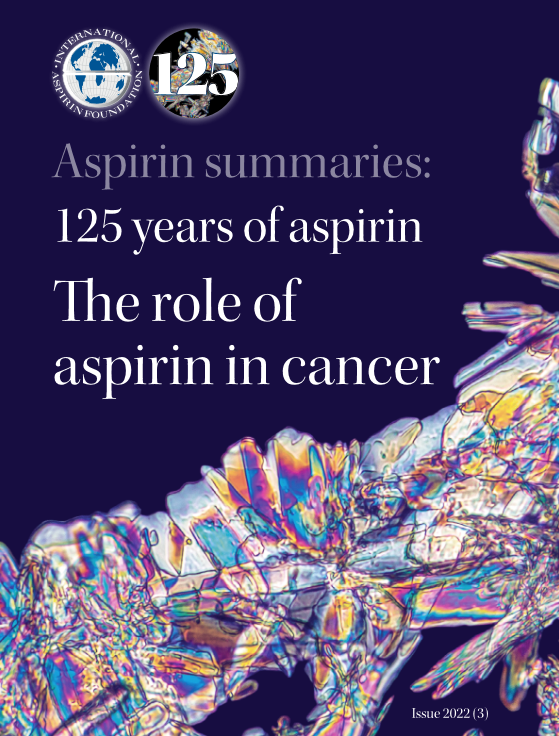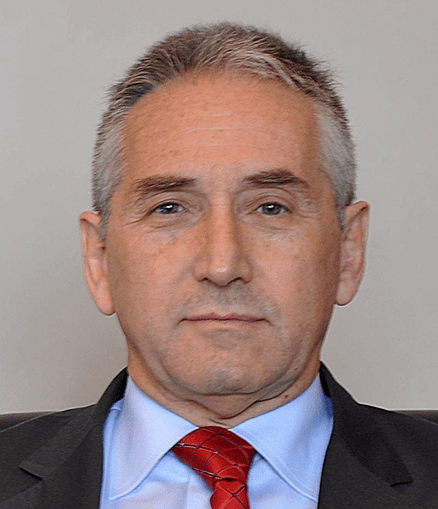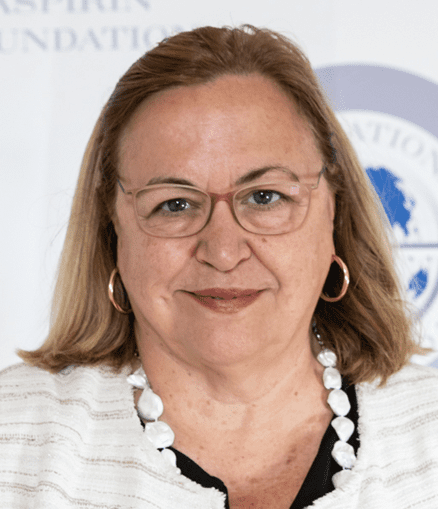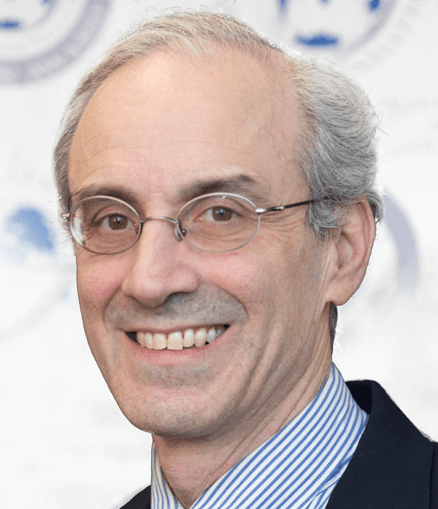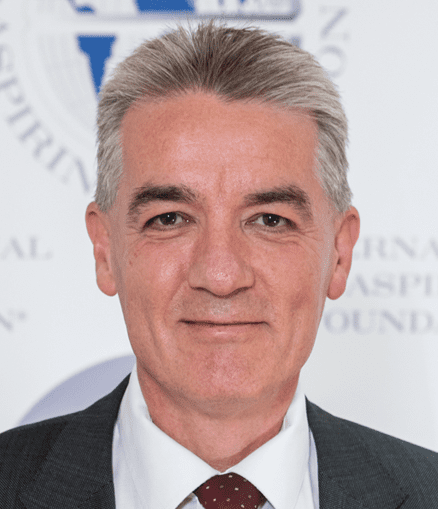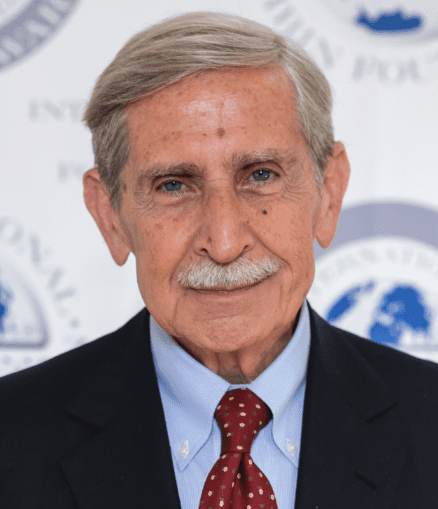Aspirin Summaries : 125 Years of aspirin (Issue 3) : The role of aspirin in cancer
This issue celebrates the role of aspirin as chemopre-ventative agent against cancer. Evidence for aspirin in cancer prevention has steadily emerged since its use in this indication was first hypothesised in the early 1990s1 and has continued to grow over the following three decades2.
Research findings for aspirin’s role in cancer prevention and treatment has been mixed and clearly there are complexities to its efficacy within cancer prevention and management. The following six articles summarise some key research areas for developing the opportunity of aspirin within the cancer disease area.
This 125-year celebration of aspirin will focus on recent research evidencing a role for aspirin in cancer chemo- prevention and look at the future research needed to better understand aspirin’s role as an anticancer agent.
References
- Rosenberg L, Palmer JR, Zauber AG et al. A hypothesis: non steroidal anti-inflammatory drugs reduce the incidence of large-bowel cancer. J Natl Cancer Inst. 1991;83(5):355-358. https://pubmed.ncbi.nlm.nih.gov/1759994/#:~:text=Regular%20NSAID%20use%20that%20had,of%20human%20large%2Dbowel%20cancer.
- Zhang Y, Chan AT, Meyerhardt JA and Giovannucci EL. Timing of aspirin use in colorectal cancer chemoprevention: A prospective cohort study. JNCI Natl Cancer Inst 2021; 113(7);djab009.https://pubmed.ncbi.nlm.nih.gov/33528007/#:~:text=Results%3A%20Aspirin%20use%20of%20longer,for%20a%20clear%20benefit%20 in
Timing of aspirin use for colorectal cancer chemoprevention
In this prospective cohort study the authors examine the effects of dose, timing and duration of aspirin use for colorectal cancer (CRC) chemoprevention.
Using data from the Nurses’ Health Study (NHS) and Health Professionals Follow-up Study (HPFS); 123,816 eligible participants were included in a duration analysis in which 2147 cases of CRC were documented, and 113 582 participants were included in the dose analysis with 1764 CRC cases.
In this study the effect of aspirin use in the ‘remote period’ (more than 10 years before follow-up started) and the ‘recent period’ (the 10 years immediately before follow-up commenced) are separated and analysed. They noted that a lower dose of aspirin could still result in a benefit in the remote period (0.5 or more standard-dose tablets = approximately 23 mg per day) but that a higher dose (1.5 or more standard-dose tablets = 70 mg per day) was required for a benefit from the more recent period.
The authors note the following about this chemopreventative benefit:
- It takes a minimum of 6 and more clearly 10 years to become apparent after the initiation of aspirin.
- A lower dose (23-70 mg daily) may be needed for a benefit with long term use in people with a life expectancy over 15-20 years.
- Lower doses (70 mg daily) may be appropriate in people who have used aspirin for over 10 years.
- The lower dose after longer use may be particularly useful in patients over the age of 70 years.
- The benefit from over 10 years of aspirin use persists even if aspirin is stopped.
- A one dose or duration for all strategy may not be optimal for CRC chemoprevention and an individualised precision medicine approach is recommended.
- Clinical decisions need to be guided by timing to achieve better outcomes.
The authors conclude:
“the present large prospective cohort study supports a delayed effect of aspirin use in CRC chemoprevention.”
For further information please see:
Zhang Y, Chan AT, Meyerhardt JA and Giovannucci EL. Timing of aspirin use in colorectal cancer chemoprevention: A prospective cohort study. JNCI Natl Cancer Inst 2021; 113(7);djab009. https://pubmed.ncbi.nlm.nih.gov/33528007/#:~:text=Results%3A%20Aspirin%20use%20of%20longer,for%20a%20 clear%20benefit%20in
Public and clinician attitudes to aspirin use for cancer prevention
This systematic review of available data looks at attitudes and adherence to aspirin cancer chemoprevention. The authors found that generally people who were eligible accepted an invitation to participate in an aspirin chemoprevention trial. Adherence rates were over 80% for most of the study participants. Aspirin was perceived to be a suitable cancer prevention strategy by over 70% of health care providers studied. GPs were more willing to prescribe low-dose aspirin 91% (100 mg) when compared to willingness to prescribe higher doses (600 mg) 62%.
Future research is recommended to identify
- aspirin chemoprevention uptake and adherence rates in routine care
- factors influencing aspirin use
- support needs for people choosing to initiate and adhere to aspirin use
- barriers to using aspirin
- attitudes towards aspirin use with the aim of preventing non gastrointestinal cancers
- impact of actual or perceived side effects of aspirin on its uptake and continuation for chemoprevention
- persistence of aspirin use
They conclude:
“we found that there is substantial scope for research into the barriers and facilitators to implementing aspirin for preventative therapy into clinical care.”
For further information please see:
Lloyd KE, Hall LH, King N et al. Aspirin use for cancer prevention: A systematic review of public, patient and healthcare provider attitudes and adherence behaviours. Preventative Medicine, 2022;154;106872. https://pubmed. ncbi.nlm.nih.gov/34762964/
Aspirin for colorectal cancer prevention in Lynch syndrome
Lynch syndrome is a hereditary cancer syndrome which is seen in 3-5% of all CRCs and is associated with an increased incidence of cancer, mainly CRC. The CAPP2 study showed that aspirin (600 mg daily) can significantly reduce the incidence of CRC in participants with Lynch syndrome when compared with placebo. CAPP3 is currently ongoing and will look at whether lower doses of aspirin can be used with the same effect. Current international guidelines support the use of aspirin for the reduction of CRC in Lynch syndrome carriers and these are listed in the article.
The authors discuss the need for validated biomarkers that could help identify people at high risk of CRC and also help predict the efficacy of any given intervention. This is important as the aspirin chemoprevention effect in CRC can take 10 years to be effective.
They summarise and discuss research evidence for aspirin CRC chemoprevention as well as looking at the pharmacology behind its effect and why low-dose aspirin is expected to be adequate for a cancer chemo- preventative action.
For further information please see:
Serrano D, Patrignani P, Stigliano V et al. Aspirin colorectal cancer prevention in Lynch syndrome: recommendations in the era of precision medicine. Genes 2022; 13; 460. https://doi.org/10.3390/genes13030460
The emerging role of aspirin for hepatocellular cancer prevention – an updated meta-analysis
The authors explain that hepatocellular cancer (HCC) is the sixth most common cancer and rates as the third most common cause of cancer death globally. HCC is often asymptomatic and frequently diagnosed late in its progression making chemoprevention an important clinical objective. This updated meta-analysis of 22 studies aimed to explore the optimal dosing regimen and duration for aspirin use in HCC prevention. They found using aspirin was associated with a reduced risk of developing HCC (HR=0.64, 95% CI:0.56-0.75) regardless of age, geographical location, sex or comorbidities. This benefit was balanced against a slight increase in bleeding (HR= 1.14, 95% CI: 1.02-1.27). The authors found that aspirin use increased the risk of bleeding by 14% and suggest that it will be important to select people for HCC aspirin chemoprevention in whom the risk of bleeding does not outweigh the potential benefits of HCC reduction. They recommend further research across the ‘spectrum of liver disease’ to fully understand the risk benefit profile of low-dose aspirin for HCC prevention. The authors recommend daily long-term (at least 3 years) use of aspirin to profit most from its HCC prevention benefits and suggest that a 100 mg per day dose would be a feasible to trial in future research among groups who are at risk of developing HCC. Higher doses of aspirin showed a reduction in chemopreventative effect
The authors conclude:
‘Our study provides more robust evidence of the association of aspirin use with a reduced risk of HCC.’
For further information please see:
Yan L-J, Yao S-Y, Li H-C et al. Efficacy and safety of aspirin for prevention of hepatocellular carcinoma: An updated meta-analysis. Journal of Clin Trans Hepatol 2022. Doi:10.14218/JCTH https://publinestorage.blob.core.windows.net/journals/JCTH.2022.0(0).0.00257.pdf
Patient preferences and education around low-dose aspirin for optimal disease prevention.
This study in Italy explores patient preferences around the benefits and risks of low-dose aspirin taken for primary or secondary cardiovascular (CVD) disease prevention. They focused on three benefits:
- ischemic stroke reduction
- myocardial infarction reduction
- CRC risk reduction
versus four risks:
- intracranial bleeding
- gastrointestinal bleeding
- pelvic ulcer
- allergic reaction.
The researchers find that:
- The potential for colorectal cancer prevention (CRC) appears attractive to younger patients taking low-dose aspirin for primary CVD prevention.
- There is variability among people on how they view the risks and benefits of low-dose aspirin.
- Patient education to support decision making in the clinic has the potential to improve treatment outcomes.
For further information please see:
Tervonem T, Vora P, Seo J et al. Patient preferences of low-dose aspirin for cardiovascular disease and colorectal cancer prevention in Italy: A latent class analysis. The Patient- Patient-Centered Outcomes Research. 2021; 14:661-672. https://pubmed.ncbi.nlm.nih.gov/33829397/
Microsimulation study of the benefit and risk profile of low-dose aspirin for CVD and CRC prevention in the UK population
This study provides a picture of the anticipated impact of regular low-dose aspirin therapy in the UK population aged 50-59 years and 60-69 years who are eligible for low-dose aspirin for CVD prevention. The researchers used a microsimulation study design to
assess risks and benefits of aspirin use. The simulation model parameters were designed using data from recent research publications.
The benefits of low-dose aspirin are relatively modest when it is used for primary CVD prevention which makes taking other events such as colorectal cancer (CRC) prevention into account more important. The results showed that a large decrease in CRC events
would change the risk benefit profile of low-dose aspirin, and this makes it imperative that all risks and benefits are taken into account when supporting people to make decisions over low-dose aspirin use as well as taking time to discuss their individual preferences concerning these potential outcomes.
They found that the benefit versus risk of low-dose aspirin was greater when it was used for secondary CVD prevention, but the benefits still outweighed potential risks in those using it for primary CVD prevention.
‘The decrease in fatal CVD and CRC events was larger than the increase in fatal safety events.’
For further information please see:
Biccler J, Bollaerts K, Vora P et al. Public health impact of low-dose aspirin on colorectal cancer, cardiovascular disease and safety in the UK – Results from microsimulation model. IJC Heart & Vasculature 2021;36;100851. https://pubmed.ncbi.nlm.nih.gov/34401469/
Disclaimers:
• The information, views and opinions expressed are not endorsed or approved by members of The Scientific Advisory Board unless otherwise stated.
• The Information section is compiled using current published information at the time of writing and whilst every effort has been made to avoid errors, professional clinical judgement is required to interpret the information given. The information given is referenced clearly for further analysis as required.
• Every effort is made by the International Aspirin Foundation to see that no misleading or inaccurate data, statement or opinion appear. The International Aspirin Foundation cannot be held responsible for any errors or for any consequences arising from the use of the information.
• The International Aspirin Foundation, its associates and The Scientific Advisory Board accept no liability whatsoever for the consequences of any such inaccurate or misleading data, information, opinion or statement.
• Any information involving drug usage, should only be followed in conjunction with the drug manufacturer’s own published literature in their own country.
• Medical sciences evolve on a continual basis and therefore independent verification of the content should be made.
• The information, views, opinions and any other material provided should not be relied upon as a substitute to professional medical advice in relation to any medical condition. The International Aspirin Foundation, its associates and The Scientific Advisory Board accept no liability whatsoever for any consequences arising from any reliance placed on such information, views, opinions and other materials in lieu of professional medical advice.

